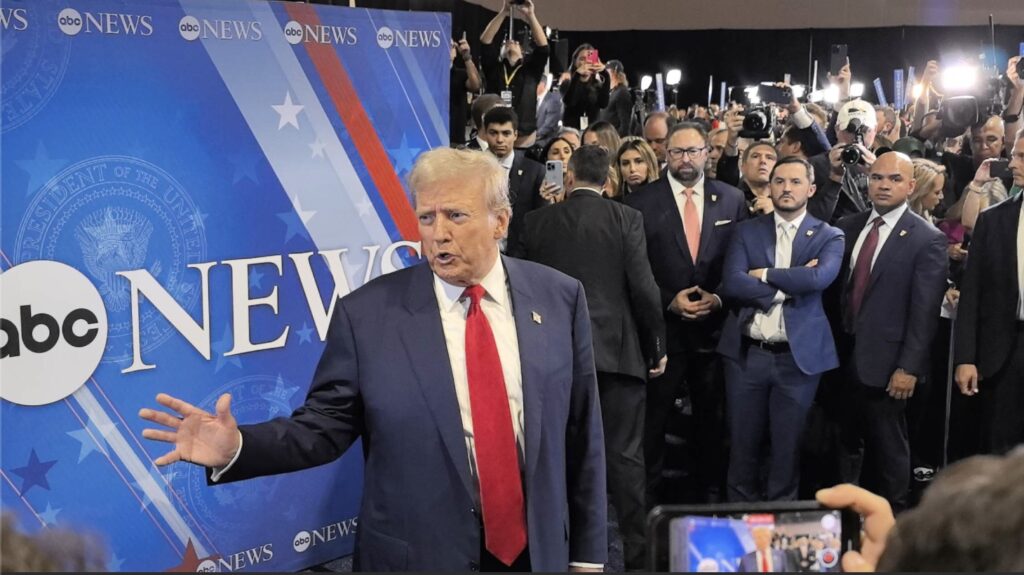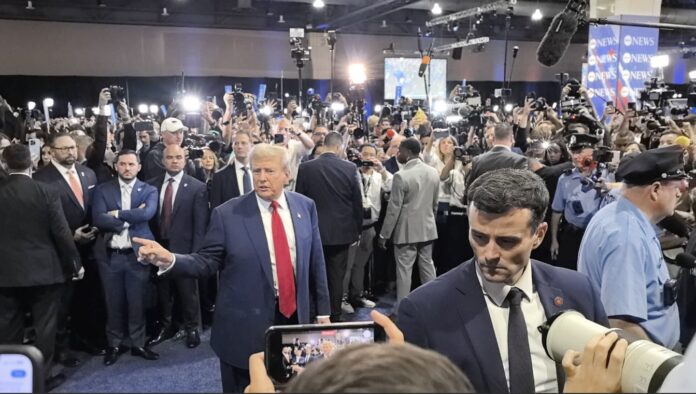White House economic adviser Kevin Hassett said in an interview with U.S. media on the 14th that he believes the U.S. economy will definitely not fall into a recession this year. He also noted that more than 10 countries have already proposed trade agreements highly favorable to the U.S., which he said would ease tensions over President Trump’s tariff policies. However, many on Wall Street believe a U.S. recession is highly likely.
As tariff pressure sparks growing concern across various sectors about a potential economic downturn—or even a collapse of the monetary system—Hassett remained confident in his interview, insisting that the U.S. economy will not enter a recession this year. Still, numerous Wall Street analysts say the probability of a recession has significantly increased.

When asked by a U.S. media host whether he thought there would be a recession this year, Hassett responded:
“Zero percent chance, 100% not happening. The job numbers are very, very strong.”
He also shared that he had spoken privately with some CEOs about whether the uncertainty around tariffs was putting significant pressure on the market, but they said no. According to them, production continues, shipments are steady, and store shelves are being filled. On the sales side, people are stockpiling goods as much as possible, fearing more tariffs in the future.
Billionaire investor and Bridgewater Associates founder Ray Dalio warned on the 13th that President Trump’s trade policies could bring about “something worse than a recession” and said the tariffs so far have been “very destructive.”
Meanwhile, David Solomon, Chairman and CEO of the well-known investment bank Goldman Sachs, confirmed in a conference call on the 14th that the possibility of a U.S. recession is rising amid increasing trade policy uncertainty and widespread confusion among CEOs about how to plan for the future.
However, according to the New York Federal Reserve’s March Survey of Consumer Expectations, Americans’ inflation expectations for the coming year have risen to 3.6%, the highest level since October 2023. This suggests inflationary pressures are returning to the forefront due to rising living costs and escalating trade tensions.
At the same time, concerns over unemployment and personal financial health have grown. Survey respondents believe there is a 44% chance the unemployment rate will rise within a year—an increase of 4.6 percentage points and the highest level since April 2020, at the onset of the pandemic.

